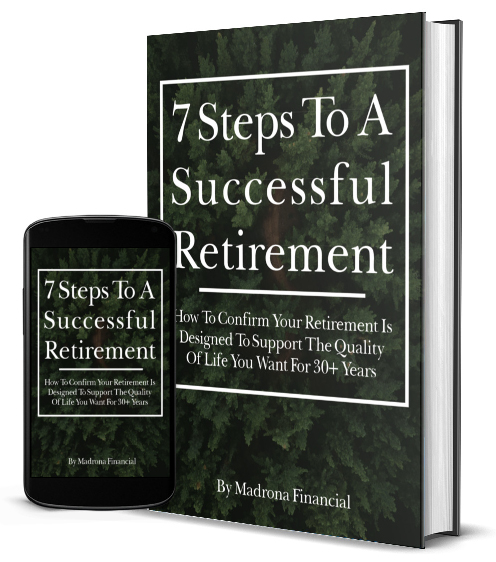
The most ruinous sentence? Leave them money that is all theirs when they turn 18.
Let’s say Grandpa has a fairly sizable estate and knows how hard it is for young people starting out. In his will, he splits $1 million between his five young grandchildren. He doesn’t like paying attorneys and doesn’t want to burden anyone with trustee duties, so he leaves it to them, certain they have no access to the money until they turn 18. He is quite sure these adorable youngsters will all attend top colleges and will use this money to pay their tuition and maybe have enough left to put a down payment on a house.
Grandson Billy just turned 18. He is a good student and now has two piles of paper in front of him. A pile of college applications and a $200,000 pile of cash. You see, when a minor has a custodial account like an inheritance, they have full access to it all when they turn 18.
Grandpa was quite sure Billy would carefully research his options and make the best decision possible with this inheritance. Billy does carefully weigh his options, and after an exhaustive two-hour research period on his iPad, Billy knows exactly what to do. He buys himself a brand new Tesla and a month-long trip to Vegas for himself and a girl he met last week.
Those college applications have been thrown away. Why would an 18-year-old go to college when he has all that money and a new car?
Granddaughter Sally was a mediocre student, but started hanging out with the wrong crowd. She started dabbling in recreational drugs, but then she received her $200,000. Imagine the parties and high-end drugs she and her so-called friends indulged in for the next six months, the length of time it took to snort through that inheritance. Unfortunately, not only was the money gone, but so was Sally’s future.
I will stop there. You get the picture. Could this have been avoided?
Yes. A simple paragraph in your will that provided for the creation of a family trust would have helped greatly here. In my own will, if I die while my kids are still young, the money would be put into trust with my brother as trustee.
From ages 18-24, my brother has been instructed to help them with tuition, room and board, and books. At age 25, my children get a third of what remains. They get half of what remains in trust at age 30, and the final distribution at age 35. This allows them to make a mistake with the first distribution and still retain the opportunity to learn and mature before they receive subsequent distributions.

